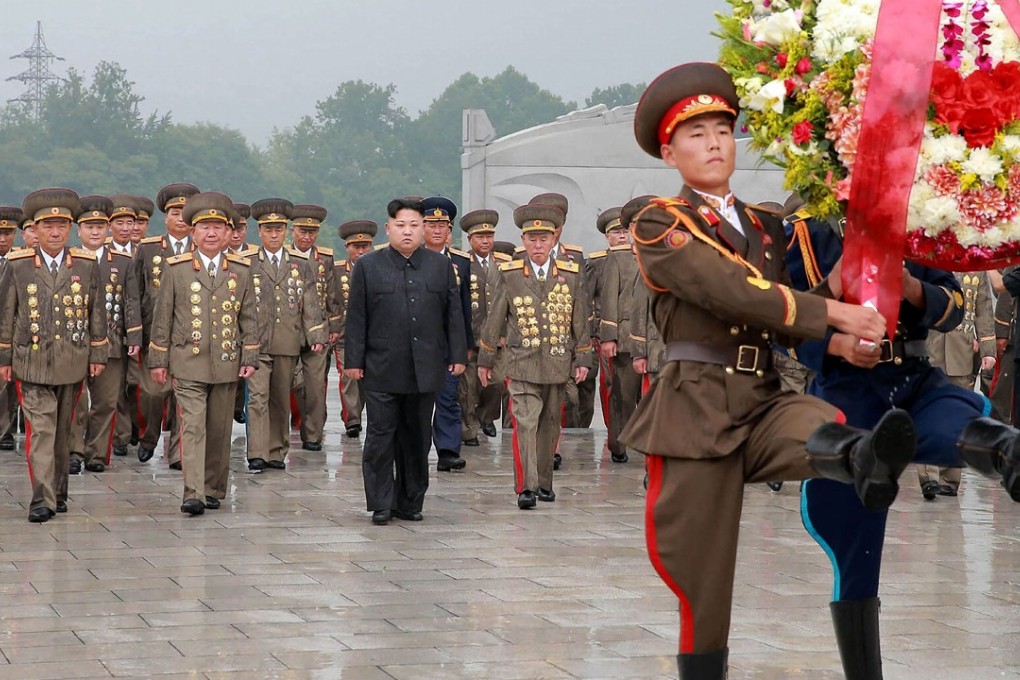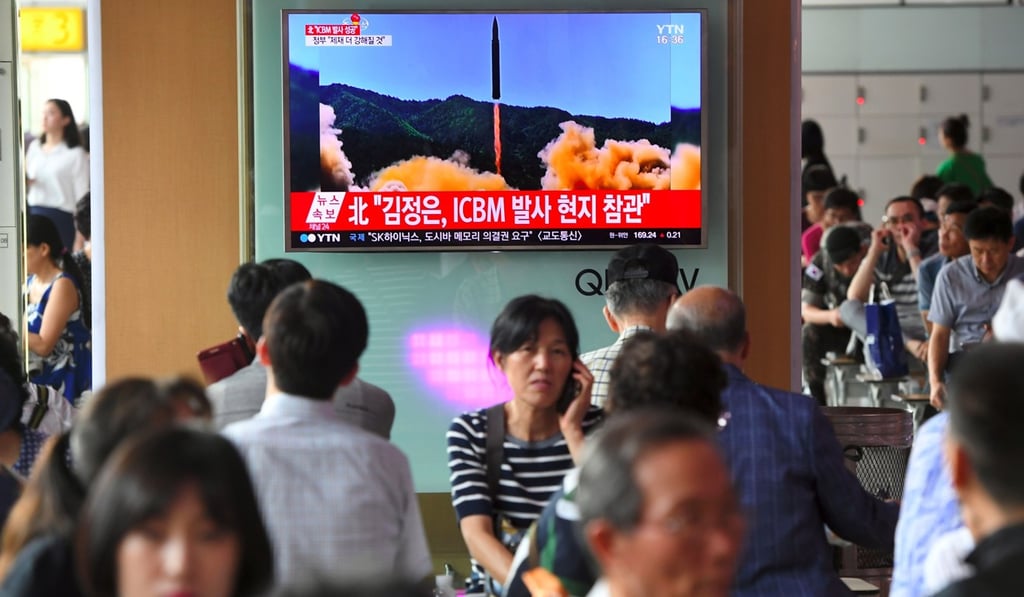Was Ho Chi Minh the reason why the Vietnam War is history, but the wounds of Korea still fester?
John Barry Kotch says what sets apart the Korean War from the later conflict in Vietnam is the lack of a unified political elite amid the Soviet-US divide, especially the absence of a clear national leader like Ho Chi Minh

While the first world war ended with a punitive peace, complete with harsh reparations and prolonged occupation, setting the stage for the second world war, the latter was the opposite, ending with a relatively benign occupation of the two main Axis powers (Germany and Japan), a peace treaty, and their subsequent reintegration into the community of nations.
By contrast, post-second world war conflicts in global hotspots such as Korea, Vietnam, Iraq, Afghanistan, Libya and Syria have experienced less favourable outcomes. Apart from Iraq, they have all been intra-state or civil wars in which outside powers have generally been unable to impose their will and – with the sole exception of the 1991 Gulf War and Vietnam – remain unresolved.

With sanctions failing, US must learn to live North Korean nuclear threat
China should plan for crisis on North Korea border, experts warn
A key difference was that negotiations to end the Vietnam War were conducted at the political level in Paris, with the parties in face-to-face contact and zones of occupation delineated pending a final peace settlement, while those to end the Korean War took place at the military level in the field where copies of the armistice agreement were signed in triplicate by representatives of the three warring armies, the US-led UN Command, the North Korean People’s Army and the Chinese People’s Volunteers at the truce village of Panmunjom.
